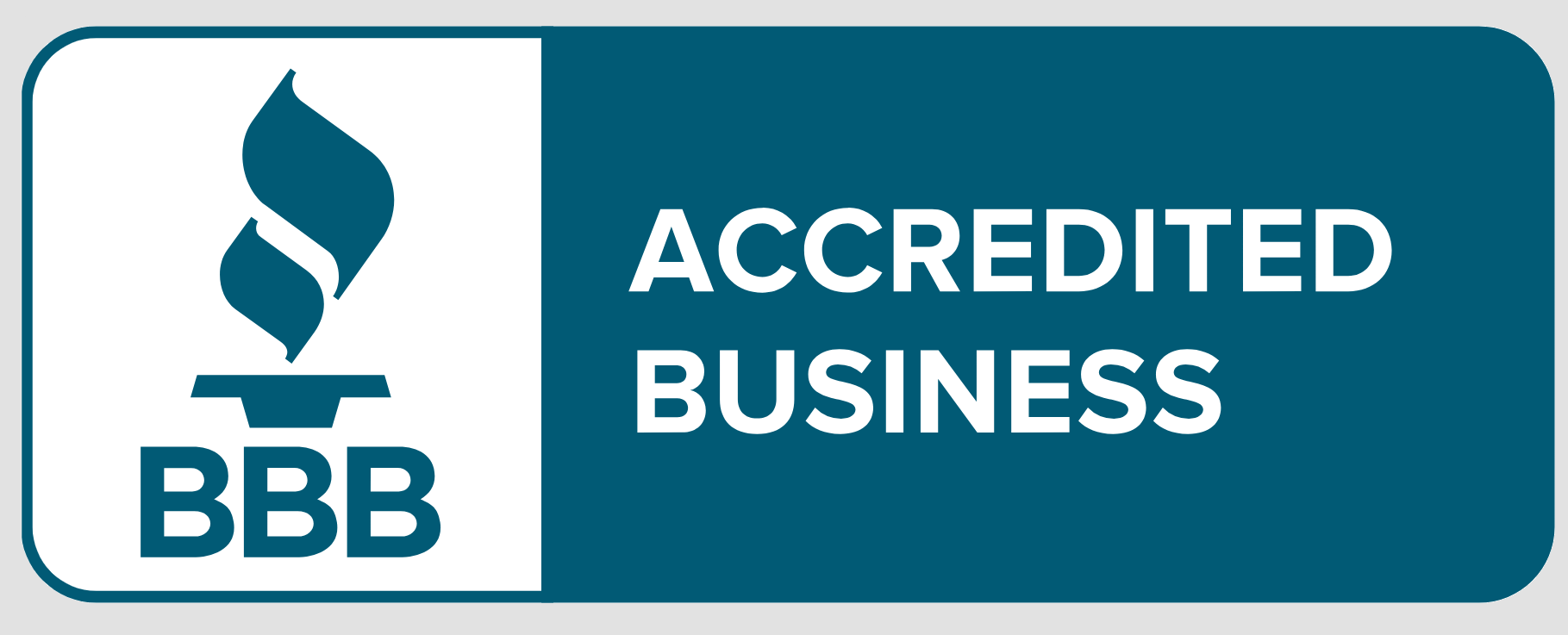What is the Best R-Value for Garage Doors?
What is R-Value?
R-value is a measurement of thermal resistance, indicating how well a material insulates by resisting heat flow. The higher the R-value, the better the insulation performance, which is particularly important for homes that frequently face temperature fluctuations. Understanding the R-value helps homeowners choose the best option for maintaining energy efficiency and comfort.
Importance of R-Value in Insulation
The garage door R-value plays a critical role in determining how well your door maintains the internal temperature of your garage. Proper insulation prevents heat transfer, which can significantly reduce energy costs. For homes with attached garages, a higher R-value ensures that it doesn’t become a source of heat loss during the cold weather in winter or heat gain in summer, making it an essential factor for both energy efficiency and comfort.
How to Measure the R-Value of Garage Doors
The R-value is typically determined by the type and thickness of insulation used. Garage door manufacturers calculate the R-value based on the materials’ ability to resist conductive heat flow. When shopping, look for the R-value specified in the product details to ensure you’re selecting a model that meets your insulation needs.
R-Value for Warmer Climates
In warm climates and extreme temperatures, a good R-value for a garage door typically ranges between R-6 and R-9. These values provide adequate insulation to prevent your garage from becoming excessively hot while still being cost-effective. These values will also prevent heat loss in cold temperatures. However, if your garage houses valuable items or is frequently used as a workspace or living space, opting for an R-value closer to R-12 can offer enhanced comfort and energy savings. Finding the best R-value for you depends on your local climate and how you use your garage space.
Benefits of High R-Value Garage Doors
Investing in a door with a high R-value brings numerous advantages for homeowners, both immediately and long-term. From energy savings to increased property value, a high R-value pays for itself.
Energy Savings
A door with a good R-value helps reduce energy consumption and improve energy efficiency by maintaining a consistent temperature inside the garage. This means your HVAC system doesn’t have to work as hard to heat or cool your home, leading to lower utility bills. Energy-efficient garage doors are an excellent investment for homeowners looking to save money over time.
Comfort Levels
Construction of high R-value doors contribute to better temperature regulation, keeping your garage comfortable year-round. Whether you use it as a workshop, gym, or storage space, proper insulation can make a significant difference in how enjoyable and functional the area feels.
Sound Reduction
Garage doors with higher R-values also offer soundproofing benefits. The insulation materials reduce noise from the outside, making it a much quieter space inside. This is particularly beneficial if you live in a busy neighborhood or near a main road.
Property Value Increase
Installing a well-insulated garage door can boost your home’s curb appeal and market value. In addition to the design, prospective buyers are often drawn to energy-efficient features, making a high R-value garage door a selling point that adds to your property’s overall worth.
Types of Insulation Materials
The insulation material used in a door significantly impacts its R-value. There are many types of insulation, however not all are used for this application. Here are the most common insulation types and their unique benefits.
Polystyrene Insulation
Polystyrene insulation, often used in rigid foam panels, is a popular choice for garage doors. Polystyrene provides moderate R-values and is easy to install. Polystyrene is durable and cost-effective, making it a good option for homeowners seeking balance between performance and affordability.
Polyurethane Insulation
Polyurethane insulation offers the highest R-values among these materials. This spray-applied foam expands to fill gaps, ensuring superior thermal resistance and structural strength. Polyurethane insulation is ideal for homeowners who prioritize energy efficiency and durability.
Fiberglass Insulation
Fiberglass insulation is another widely used material for garage doors. While its R-values are slightly lower than polyurethane, it is still effective at reducing heat transfer. Fiberglass is lightweight, easy to install, and provides decent soundproofing benefits.
Rigid Foam Insulation
Rigid foam insulation is a versatile material that delivers consistent R-values and excellent thermal resistance. It’s commonly used in sectional doors, where panels are filled with rigid foam to improve insulation and add structural stability.
Spray Foam Insulation
Spray foam insulation is a premium option that provides exceptional R-values by expanding to seal every nook and cranny of the door, preventing any air leakage. This material offers superior thermal resistance and soundproofing, making it ideal for high-performance garage doors.
Making an Informed Choice
Choosing the best R-value for garage doors depends on your climate, budget, and how you use your space. For warmer climates, an R-value of R-6 to R-9 is often sufficient, but for homeowners seeking maximum energy savings and comfort, higher values such as R-12 or more might be ideal. You have a wide selection available, consider the insulation material, your local weather conditions, and your space’s purpose when making your decision.
If you’re unsure which R-value is right for you, 4 Sons is here to help. Our experienced technicians can guide you through the process, ensuring you select the perfect door for your needs. We also provide industry-leading maintenance and repair services should the need arise in the future. Contact us today to schedule a consultation, get an estimate, or have any of your questions answered!




